This issue covers:
- Electrical safety warning for landlords
- Electrical safety management seminar
- Fixed appliance testing explained
- Near record numbers of dangerous appliances reported
- Sharing PAT experiences – it’s good to talk!
Electrical safety warning for landlords
The Electrical Safety Council (ESC) has warned that landlords are exposing millions of tenants to dangers and could face huge fines.
The ESC found 1.7 million private renters have reported electrical concerns that were either ignored by their landlord or acted on too slowly, and 1.3 million renters are currently waiting for electrical issues to be resolved.
The ESC study hoped to gauge landlord’s awareness of the fact fines for failing to maintain adequate electrical safety have risen from £5,000 to £20,000, but instead found a fifth - around 300,000 private landlords - still believed there were no fines at all. Added to this, many landlords did not know their insurance may be invalidated if they fail to follow their obligations.
Electrical accidents cause more than 350,000 serious injuries each year and cause more than half of all accidental house fires. However, tenants are most at risk – they are more likely to experience a serious electric shock than home owners and may be up to seven times more likely to experience a house fire. The ESC is concerned that unless landlords take action, the situation will deteriorate further.
Phil Buckle, Director General of the Electrical Safety Council, said: “We’ve found that many landlords are ignorant of their responsibilities. In the long term, we’d like to see tighter guidelines for landlords on electrical safety but with the number of non-professional landlords increasing every day, we also need to address this now.
“We need all landlords to understand that they are not only putting people’s lives at risk, but they could also face serious financial loss through fines or invalidated insurance if they don’t act on their existing obligations.”
By law, landlords must ensure electrical installations and wiring are maintained in a safe condition throughout the tenancy. The ESC recommends landlords should have electrical appliances and installations checked at least every five years by a registered electrician, along with carrying out regular visual checks themselves.
More details at www.esc.org.uk/landlords.
Electrical safety management seminar
The IET is hosting a dedicated event later this year to consider electrical safety management and a structured approach to assessing and controlling risk.
The day long seminar in September is designed for electrical engineers, electricians and electrical fitters, as well as health and safety officers, facilities and site managers.
It will provide a comprehensive overview of the fundamentals of electrical safety and a systematic set of principles for assessing and managing electrical safety in any business and across all sectors of industry and the public sector.
Based on the IET’s Code of Practice for Electrical Safety Management this event is intended to help organisations avoid workplace disruption and delays from stoppages caused by electrical-related accidents, as well as personal death or injury and costs and reputation damage from litigation resulting from poor electrical safety practices.
More at http://conferences.theiet.org/
Fixed appliance testing explained
Among the changes in the fourth edition of the IET 4th Edition Code of Practice for In-service Inspection and Testing of Electrical Equipment was further guidance on fixed equipment.
To clarify matters, the Code of Practice formally recognises that the inspection and testing of appliances such as hot air hand dryers and central heating boilers can be more complex than portable and non-fixed equipment but this does not mean that only visual inspections are required.
In keeping with the overall theme of the new Code, it is recommended that full combined inspection and test is undertaken at relevant intervals determined by risk assessment and is performed by a person competent to carry out this more complex arrangement of electrical work. This may involve safe isolation procedures.
As a result, fixed equipment is now included in the IET’s Table 7.1 but this should only be used a guide for initial frequencies and not as a substitution for risk assessment.
The Code defines fixed equipment as equipment designed to be fastened to a support or otherwise secured in a specific location. As well as permanently wired appliances such as fixed air conditioning units and water boilers, this can also include movable or portable equipment when they are connected to the fixed installation via a fused connection unit (FCU) for security purposes, as is the case in hotels with mini bar fridges and kettles, and in leisure centre changing facilities with hair dryers for example.
To further clarify the requirements of the Code, Seaward has prepared a short guidance note on fixed appliance testing at http://apollo600.seaward.co.uk.
Near record numbers of dangerous appliances reported
As an indication of the problem of potentially dangerous electrical appliances, the European Union Commission (EU) has produced its annual compilation of statistics on notices of unsafe consumer products reported through its rapid information system (RAPEX) for 2012.
According to the report, 1,938 notifications of products posing a serious risk to health and safety were processed through the RAPEX system during 2012. This represents a 24.5% increase in notifications over 2011 and approaches the 2010 level which is the previous highest annual number recorded. In the report, the Commission attributes the 2012 increase in notifications to the “increased circulation of unsafe products,” but also to “vigilant and proactive” efforts for enforcement authorities in EU Member States.
Of the 1,938 notifications of products processed through the RAPEX system during the year as presenting a serious risk to consumers, 205 (11%) related specifically to electrical appliances. This figure represents the third highest category after clothing items (34%) and toys (19%).
In terms of country of origin identified in connection with products posing a serious safety risk, more than half of all notifications (58%) were related to products originating from China, including Hong Kong. For a copy of the full report please visit: http://ec.europa.eu .
Sharing PAT experiences – it’s good to talk!
Against a background of the increasing popularity of online PAT forums and information exchanges, it can make a worthwhile change for those involved the industry to actually meet, get together and compare news and views over a cup of coffee.
In the coming months Seaward and its partners are hosting a number of industry events for PAT contractors, health and safety managers and FMs to provide exactly this sort of opportunity.
The calendar of events is designed to help bring everyone up to date with the latest best practice advice, technology developments and other topical PAT sector matters in a relaxed, informal environment.
Free to attend at a wide range of locations over the summer months, as well as up to date advice, these special session also include ‘hands on’ test workshops and practical sessions.
Full event details are available at www.seaward.co.uk/events and www.seaward.co.uk/seminars.
Do you use Seaward PAT testing equipment? - If you think you may have a story for future e-news bulletins, please let us know by contacting us here.





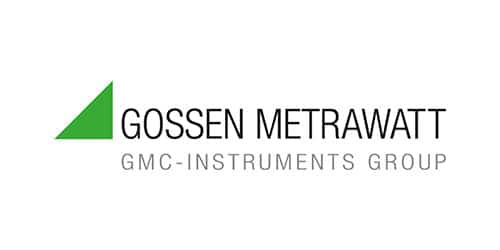
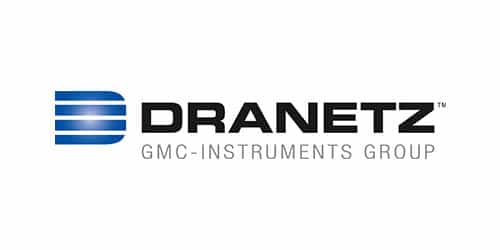
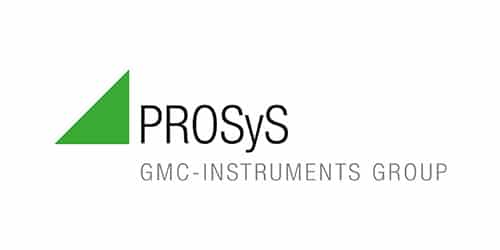
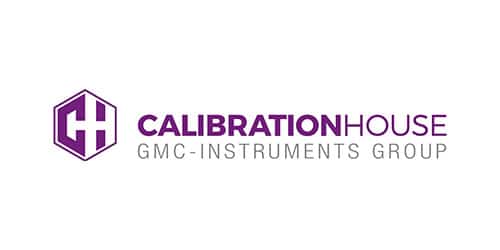


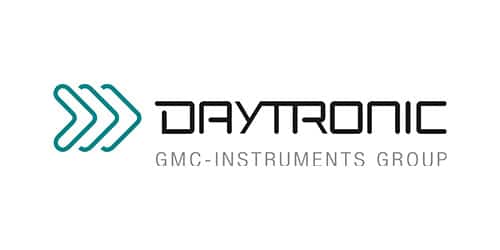
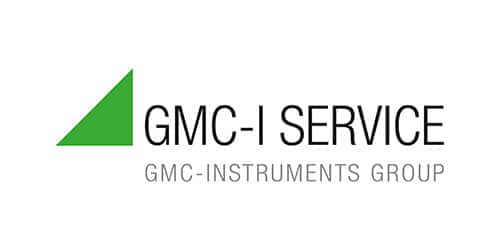

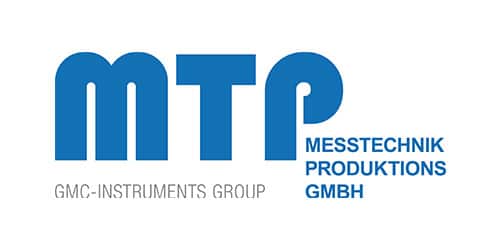
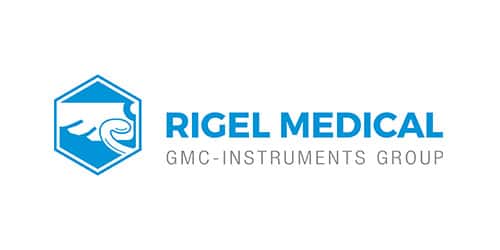
Sign up to our Newsletter.
Stay up to date with the latest industry and product news, as well as our free educational content such as webinars and our expert guides.
Close